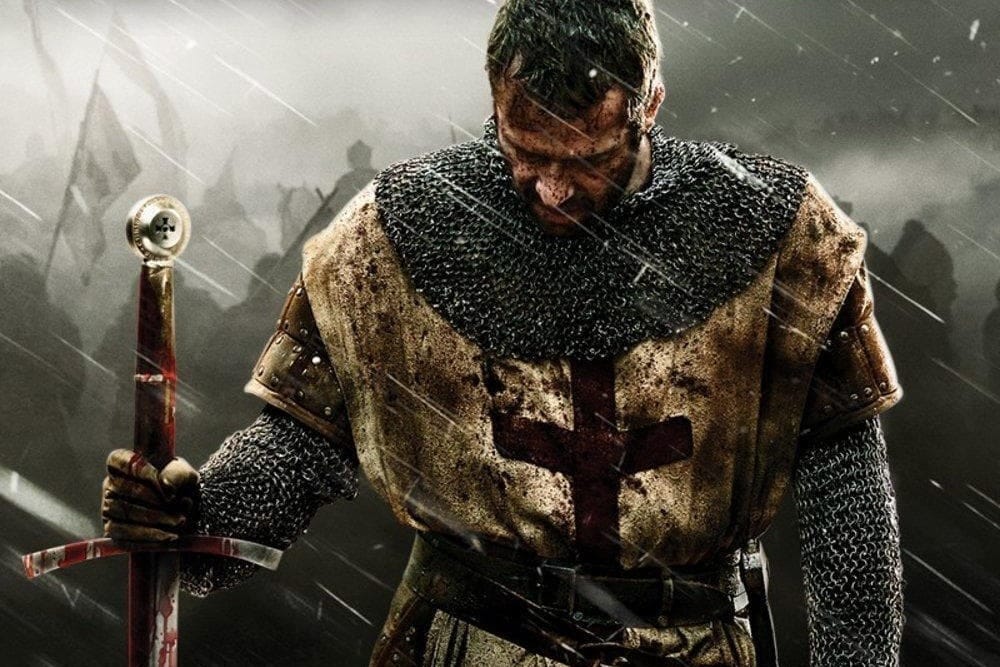Magna Carta
The greatest constitutional document of all time.

Key words
- Charter: a formal statement of the rights of a country's people, or of an organization or a particular social group, that is agreed by or demanded from a ruler or government
The Charter of the United Nations was signed in San Francisco in 1945.
- Amend: to change the words of a text, especially a law or a legal document
In line 20, the word "men" should be amended to "people".
- Clause: a particular part of a written legal document, for example a law passed by Parliament or a contract
They have added a clause in the contract which says the company can make people redundant.
- Water down: to make something weaker or less effective
The law was watered down after it failed to pass the legislature the first time.
- Due process: the legal right to be treated equally and fairly
The judge ruled that the defendant's due process rights had been violated.
Read the article to find the answers
- What does Magna Carta Libertatum translate to in English?
- What is it?
- Why did the Pope support King John?
- Which clauses are still in force in England today?
The Magna Carta
Magna Carta Libertatum is Latin for the Great Charter of Freedoms and is a single document originally issued in 1215. There were several revisions of the Magna Carta in 1216, 1217 and 1225, which has led some people to believe that it is a series of laws amended over the centuries rather than a single document.
The spirit of the document, freedom from the rule of a tyrannical monarch, has been used in constitutions around the world, most famously in the United States.
History
Increased taxes had made King John I hugely unpopular with his subjects, leading to a rebellion of the barons in 1215, who forced their way into the King's court in London and made him agree to the 'Articles of the Barons', which set out their rights and became known as the first version of the Magna Carta. It was the first time a reigning monarch had been forced to give up much of his authority.
King John broke Clause 61 as soon as the barons left London. The clause stated that the barons had the right to overthrow the king if he broke the agreement at any time. John had the full support of the Pope in his rejection of the clause, as the Pope believed it also challenged the Church's belief in the 'Divine Right of Kings'.
The Pope claimed that King John was not subject to the will of the people because monarchy was God's chosen form of government and rebellion against the monarch was always a sin.
It was only after John's death from dysentery that Magna Carta finally took hold. To avoid a repeat of the rebellion, the failed Magna Carta agreement was revived as the Charter of Liberties. This version of the Charter was edited to contain 42 clauses rather than 61, with Clause 61 removed. The Charter was subsequently watered down over the centuries.
It was not until the English Civil War that the Magna Carta became a symbol of freedom for those seeking a new life, and a major influence on the Constitution of the United States of America, particularly in the context of due process and the rule of law.
Clauses still in force in England today
- Clause 1: The freedom of the English Church.
- Clause 9: The “Ancient Liberties” of the City of London.
- Clause 39: The right to due process and protection from unlawful imprisonment.
Ironclad (2011) - Official Trailer
Discussion questions
- Do you have any questions about any of the vocabulary or grammar in this article?
- Have you seen 'Ironclad', the 2011 British action film about King John?
- What kind of charters are in force in your country?
- What is the history of your country's constitution?

Book a Lesson
Improve your English language communication skills by practicing with a qualified and experienced native speaker.





